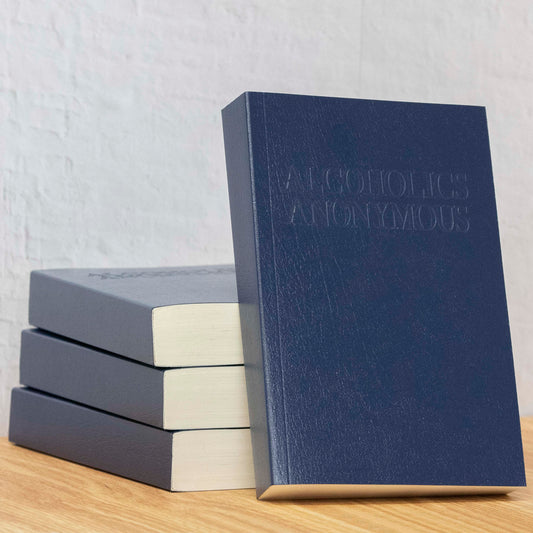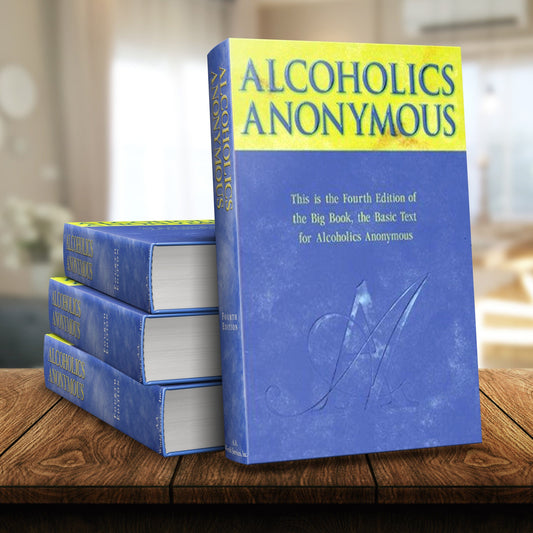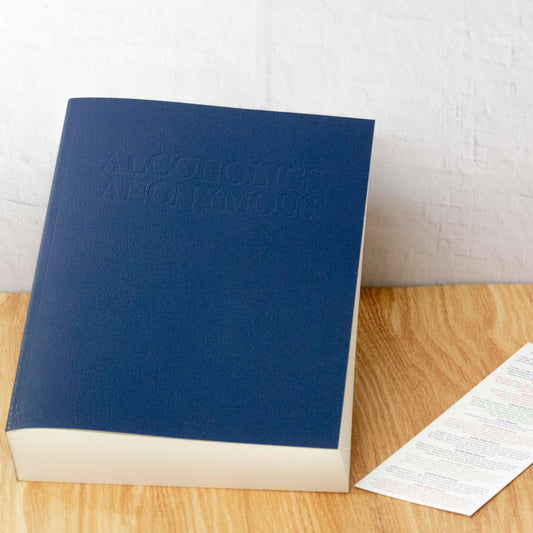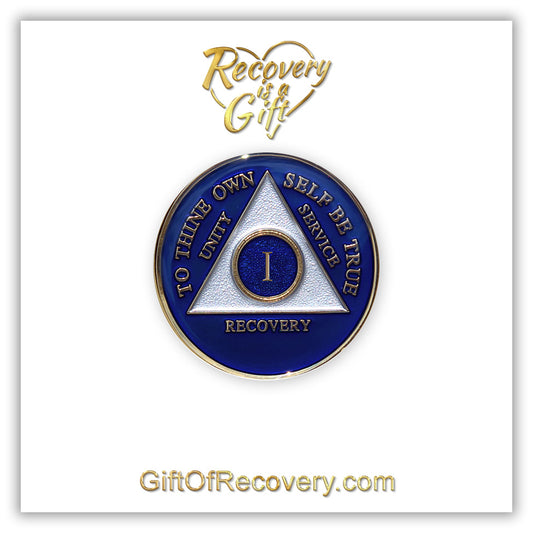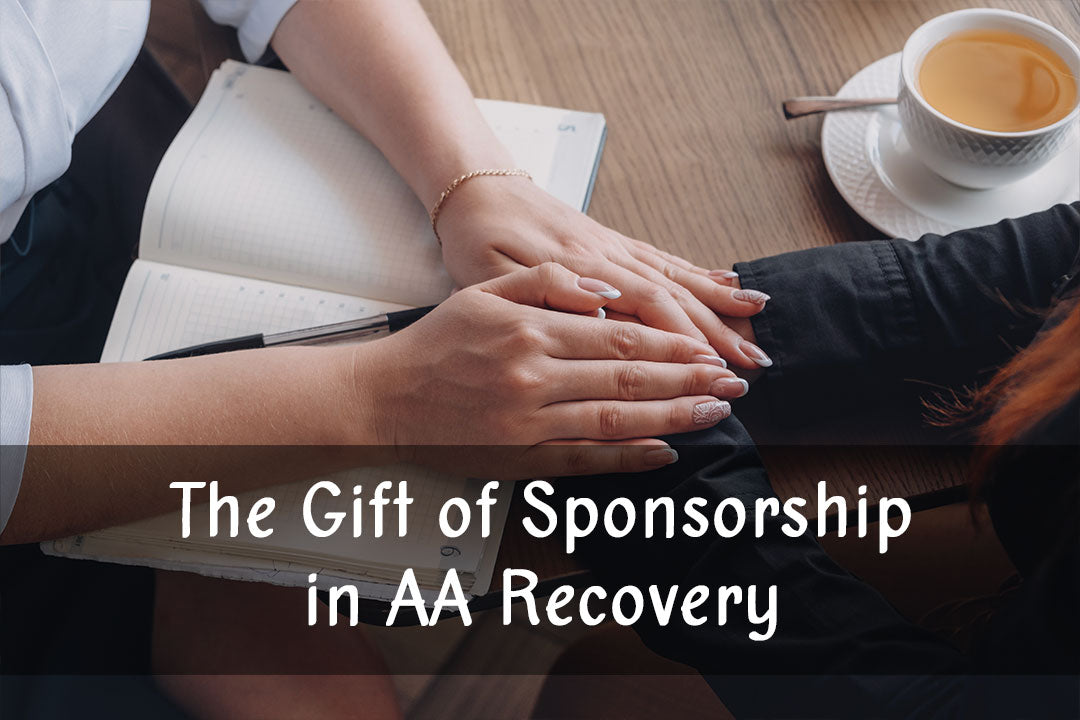
The Gift of Sponsorship in AA Recovery
Share
History of Sponsorship in AA
The Big Book of Alcoholics Anonymous never mentions it, but sponsorship in AA is a primary tool for growth in the program. The term is defined as having someone to stand up for or vouch for a person. Before the 1940’s, finding a hospital bed for a man suffering from alcoholism was practically impossible. Alcoholics were notoriously difficult to help. The medical establishment looked on them as uncurable. Literally, alcoholics were simply seen as a waste of time and resources. In the early days of AA, when hope for recovery was just dawning, the hospitals were reluctant to provide care unless a man in need could provide the name of someone who would vouch for him – thus, the practical need for a sponsor.
What Is AA Sponsorship?
A sponsor is an AA member who offers his or her time and experience to a newcomer so that the newcomer may speak confidentially and comfortably with someone who has some experience in recovery. Traditionally, you find a sponsor to take you through the steps and you stay sober by taking others through the steps. Sponsorship became a part of the AA lingo in the 1940s, and although the word is never used in the Big Book, the concept fills its pages. “Practical experience shows that nothing will so much insure immunity from drinking as intensive work with other alcoholics,” (Big Book, 89). The original discussion of sponsorship involves “helping others,” emphasizing the person who is providing the help, or the sponsor. As Bill W. says, “Helping others is the foundation stone of your recovery. A kindly act once in a while isn’t enough,” (Big Book, 97). A sponsor is a friend in Alcoholics Anonymous whose job is to guide a newcomer through the steps and into a life of recovery in AA. Through guiding the sponsee on the steps, sharing personal experiences, offering encouragement, and providing a listening ear, the sponsor demonstrates a connection with a Higher Power, thus supporting the sponsee in discovering their own spiritual path.
Styles of AA Sponsorship
Sponsorship styles in AA seem to mirror the general population’s models of effective teaching and leadership styles. In the early days of AA in America, a sponsor was expected to provide guidance by telling the sponsee how to take the steps. The more autocratic the personality of the sponsor, the more the ‘guidance’ he gave involved giving orders to the newcomer about how to take the steps. The autocratic style sponsor may expand their suggestions to include directions and guidance about how to live a successful sober life. There are still many AA members who find themselves drawn to the autocratic style sponsor, the ‘I will tell you how to do it” style. It may be helpful for sponsors of this style to attenuate and soften their approach, over time, to avoid being overbearing or bossy. For newcomers, this style can be helpful in the beginning of sobriety. But because it sets up a parent-child dynamic, it may be fraught with projections and expectations that make it harder for the newcomer to mature and internalize the principles of the program in the long-term. But with a light-handed approach and few expectations on the part of the sponsor, this style may work wonders, particularly for the more bewildered and confused newcomers who have lost so much of their physical, mental, and emotional lives to their addictive behaviors.
These days, a more participatory style of sponsorship is common. Participatory sponsors use the friendship model and sit alongside the newcomer as a fellow AA member, saying in essence, “We will work the steps together.” The participatory sponsor shares his or her experience, strength and hope with the newcomer with the expectation that it will help a newcomer see how to take the steps in a way that heals. But participatory sponsors are usually cautious about advice-giving. They want to enable those they sponsor to develop spiritual dependence on a Higher Power, not co-dependence with the sponsor. In AA these days, the sponsor and the sponsored see themselves as partners in their mutual endeavor to stay sober, very much as equals who are supporting each other, one day at a time.
The Role of an AA Sponsor
Newcomers are usually advised to “get a sponsor” right away to help them work through the steps of Alcoholics Anonymous. This practice conveys the wisdom of AA, as sponsorship is an essential tool in so many ways. First, it provides the newcomer with accountability and the sponsor an opportunity to be of practical service. Second, it sets up a means for the newcomer to speak confidentially, helping her to build trust and willingness and it helps the sponsor to stretch herself and think of others, no matter what else is going on in her life. Finally, having a sponsor provides the friendship of an experienced AA member who will lead the newcomer through the steps; being a sponsor provides opportunities for new insights as you go through the steps one at a time with the newcomer. It’s a BIG win/win.
How To Chose an AA Sponsor
Current wisdom suggests that you select a sponsor whose background, life experience and interests are similar to your own. However, it is not unusual for AAs to find help from those totally unlike themselves. Just try for somebody who resonates with you. AA experience suggests that it is best for women to work with women and men to work with men. Gay and lesbian members often find that an opposite-sex sponsor is more appropriate. This is the easiest way to assure both parties that their primary purpose in working together is to stay sober (Q&A on Sponsorship pamphlet.) Otherwise, sexual attraction or emotional dependence issues can gum up the works, making it harder to work a successful program of recovery. LGBTQ members may follow these guidelines as they see fit, as well. The point is to avoid the complications of developing a sexualized relationship with someone who is offering you counseling and guidance in the program.
AA experience also suggests that it is best to have just one sponsor. It helps the newcomer avoid the dangerous practice of collecting opinions and suggestions from others until he hears what he wants to hear. Remember that you are always free to move on, to select another sponsor. When this is done well, it involves communicating gratitude to the old sponsor and letting them know you are moving on. A little appreciation goes a long way. Another sure-fire piece of wisdom in selecting a sponsor is to “stick with the winners,” meaning choosing a person who seems to have a good AA program and who has a year or more of sobriety. Experience counts.
Benefits and Challenges of AA Sponsorship
To the sober AA member, working a strong program may include both having and being a sponsor. Some are particularly drawn to the task of sponsorship – they have a flair for it. To these folks, giving and sharing the program with others is a primary service in AA. For others, however, being of service takes other forms, both inside and outside of the program. In many cases, sponsorship of others may be occasional or rare, or not happen at all. That’s ok, too. Service at the meeting level, or a committee or group level commitment are all forms of helping others. Having a commitment to serve others is the key.
For newcomers, the benefits will usually outweigh the challenges of having a sponsor. The simple fact is that having a guide to walk you through the treacherous mental, physical and emotional challenges a newly sober member faces is almost essential. Without help, most will drink again. But keep in mind that relationships with other people are challenging for many alcoholics, accustomed as they have become to keeping secrets, manipulating others to get what they want, or deceiving themselves and others. Having and then becoming a sponsor is often the quickest way to sort out these difficulties. The program offers a ‘neutral ground’ opportunity to work through relationship challenges, help others, and grow emotionally and spiritually. “Most AAs feel that sponsorship is a vital part of their ongoing growth and progress in recovery, including persons who have long-term sobriety,” (Q&A on Sponsorship.)
What Matters Most About AA Sponsorship
A good program reminder is “Love God, Clean House, and Help Others.” Those who help others by being a sponsor will do well to remember that a big challenge follows if you consciously or unconsciously expect your newcomer to stay sober or to follow your suggestions. They may, of course, but they very well may not. They may lie and deceive you, and they may break your heart just a little, no matter how successful they are. But if you are in touch with being a spiritual facilitator of God’s will for the newcomer, (whatever that means to you), you will know in your heart that you are only a channel. The outcome is not up to you, nor are the results yours to brag about or to suffer over. It is literally not up to you whether the newcomer stays sober or works a good program. Your job is to help as best you can, turning the results over to a power greater than yourself. By helping others, you help yourself.
For newcomers, a sponsor is a guest, a friend, a gift and a guide who has feet of clay. They are only human. And newcomers are reminded that, when a sponsor is unavailable, it is incumbent on them to keep in mind that a sponsor is only one source of aid. Going to a meeting, telephoning, or reading AA books and pamphlets are valuable resources that are always available.
Entering into a sponsor-sponsee relationship creates a spiritual bond that is often very beneficial to both people. Certainly, it will provide you ample opportunity to grow and mature as a human being who is responsible to listen and understand others’ feelings and to represent the principles of Alcoholics Anonymous as best you can. Soon, you will find yourself grateful for the opportunity to receive spiritual guidance and to be of service to others. For this, as the saying goes, you are responsible. Simple, but not easy.
The AA statement of responsibility reads:
I am responsible…
When anyone, anywhere, reaches out for help, I want the hand of AA aways to be there.
And for that, I AM RESPONSIBLE.
Why Sponsorship Works
Shared Experience: Sponsors and those they sponsor share common experiences and challenges related to addiction. This shared understanding fosters a unique bond of trust and empathy, crucial for effective communication and support.
- Accountability: A sponsor provides a level of accountability that can be crucial for maintaining sobriety. They help keep their sponsees focused on their recovery goals and on the steps of the program.
- Guidance Through the Steps: Navigating the 12 steps can be complex and emotionally taxing. Sponsors act as navigators, helping their sponsees understand and work through each step methodically and thoroughly.
- Emotional Support: Recovery is not just a physical journey but an emotional one as well. Sponsors are there to provide support through the ups and downs, offering a listening ear and compassionate suggestions when it’s most needed.
- Role Modeling: Sponsors demonstrate what a successful recovery can look like. They provide a real-life example of living sober, which can be inspiring and motivating for those who are new to the program.
Finding the Right Sponsor
Choosing a sponsor is a significant decision and one that should be approached with care. Here are some tips for selecting a sponsor who can best support your recovery journey:
- Look for someone who has what you want: Find a sponsor who reflects the kind of sobriety and life balance you aspire to achieve.
- Ensure they have enough time: A good sponsor should be available to provide support. Make sure they are not overcommitted and can give you the time and attention you need.
- Choose someone you respect: Respect is crucial in this relationship. Your sponsor should be someone you can look up to and feel comfortable hearing suggestions from.
- Consider their sobriety length: Generally, it’s wise to choose a sponsor who has at least one year of sobriety. They should have enough experience in recovery and living the steps.
The Responsibilities of Being a Sponsor
Sponsorship is not just beneficial for those being sponsored; it’s also rewarding for the sponsor. It strengthens the sponsor’s own recovery and deepens their understanding of the steps. However, being a sponsor also comes with responsibilities:
- Being available: A sponsor needs to be accessible and responsive when their sponsee reaches out for help.
- Maintaining confidentiality: Trust is the cornerstone of the sponsorship relationship. Sponsors must keep shared information confidential to maintain this trust.
- Providing honest feedback: A sponsor should offer honest but compassionate feedback to help their sponsee grow in their recovery.
Works Cited:
- The Big Book of Alcoholics Anonymous, 4th Edition, New York. First Printing, 2001.
- BigBookSponsorship.org AA Myths. Accessed April 12, 2023. Copyright 2023.
- Questions & Answers on Sponsorship. AA Grapevine, Inc. AA World Services, 2017.

